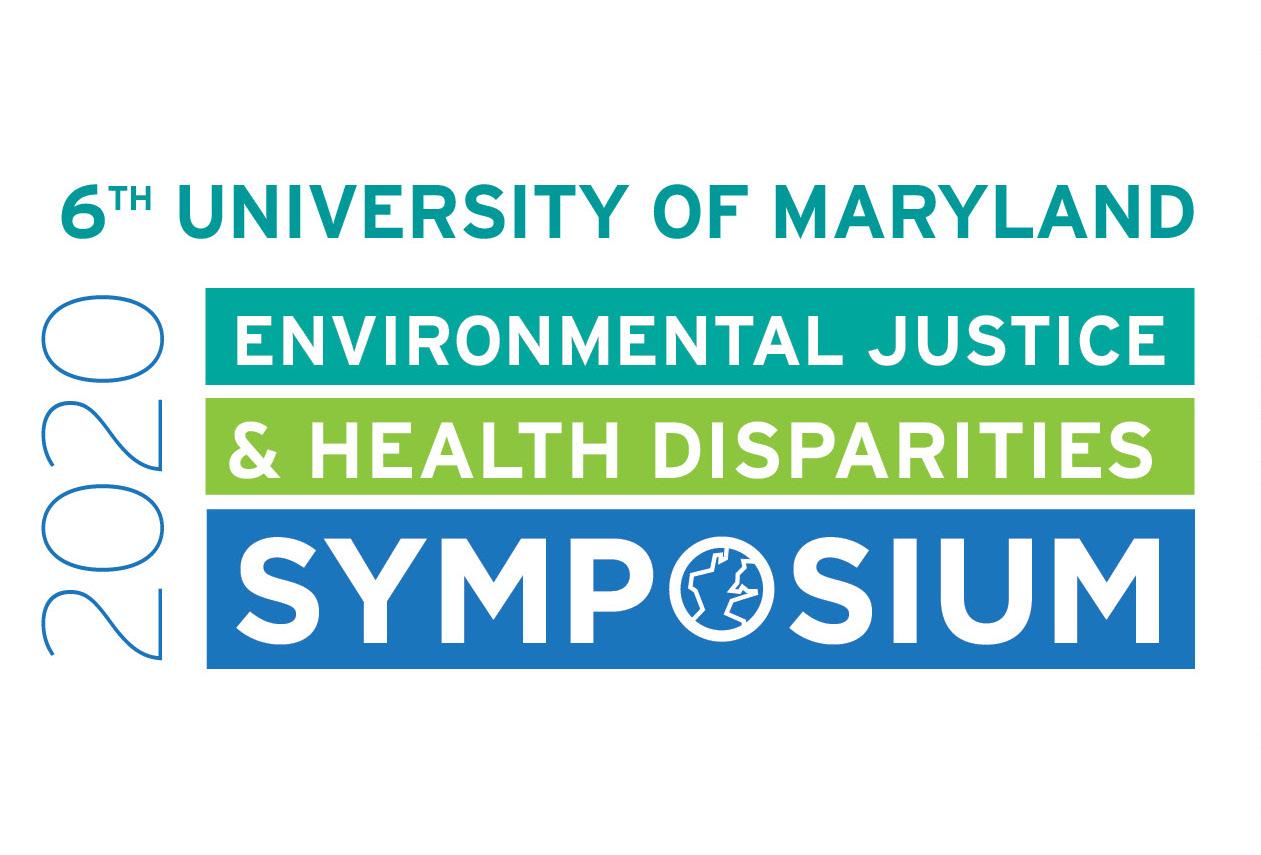
Over four weeks this fall, the School of Public Health’s Community Engagement, Environmental Justice and Health (CEEJH) lab hosted the sixth annual Environmental Justice and Health Disparities Symposium. The free event was virtual this year due to Covid-19.
There were nearly 1,000 registrants from at least 45 states and six countries.
The event spanned four Saturdays and included speakers from community organizations, environmental justice advocacy groups, researchers, scholars, legal professionals, elected officials and more.
Each day featured a plenary session with panelists about topics, including environmental injustice, health inequities and disparities, racism and more.
Day One: A Syndemic 400 Years in the Making: Intersections of Racism, COVID-19 and Climate Inequity
Day Two: State and County Report-back Panel
Day Three: Foundation Panel on Closing the Gap in Environmental Justice Funding; NAACP Climate Justice
Day 4: The Future of Environmental Justice: Listen to the Youth; JEDI [justice, equity, diversity and inclusion] 2.0: A Discussion on Diversity and Inclusion
Sacoby Wilson, the CEEJH lab director and an associate professor of applied environmental health, moderated much of the event. Wilson said that he wants attendees to understand how racism is real.
“The reason why you have these unjust housing policies, unjust food policies, unjust health care policies, unjust education policies, unjust economic policies, unjust access to clean air and clean water is because of racism,” he said.
Covid-19 has especially revealed how vulnerable communities are being affected.
“The essential workers have been disproportionately impacted by Covid-19, whether it be health care workers, agricultural workers, transit workers or retail workers...it's all due to racism,” Wilson said.
“You cannot move forward with health, you cannot move forward with protecting the environment, and we can't address the climate crisis if we do not address systemic racism in this country. This is baked into all of our policies, and it is baked into all of our institutions.”
This year’s keynote speaker was Jacqueline Patterson, the NAACP director of climate and environmental justice. She highlighted the lasting impacts of systemic racism in America and the constant struggle to transform and change it.
“We continue to try and pick away, to try to reform, to try to tweak and so forth, a system that has literally been designed to oppress,” Patterson said during her address.
Wilson said although the event talked in-depth about the issues and challenges with systemic racism, he appreciated that the event sessions also talked about solutions.
There were discussions around energy equity, how to build resilience and how to form true community-building investment strategies, and Wilson said he applauds the work that folks are doing on the front lines.
“They're hearing and having community voices share their stories. It’s always really important that when we talk about environmental justice, you got to have those who are most impacted driving the work,” Wilson said.
“I think we capture the spirit of that in the symposium, even though we were virtual.”
The sixth annual Environmental Justice and Health Disparities Symposium was made possible by the support of the Sierra Club, the Union of Concerned Scientists, EarthJustice, National Socio-Environmental Synthesis Center (SESYNC), NAMATI, Chesapeake Bay Trust, the Choose Clean Water Coalition, the UMD Baha'i Chair for World Peace, Socially Responsible Agricultural Projects and the Center for Health, Environment and Justice.